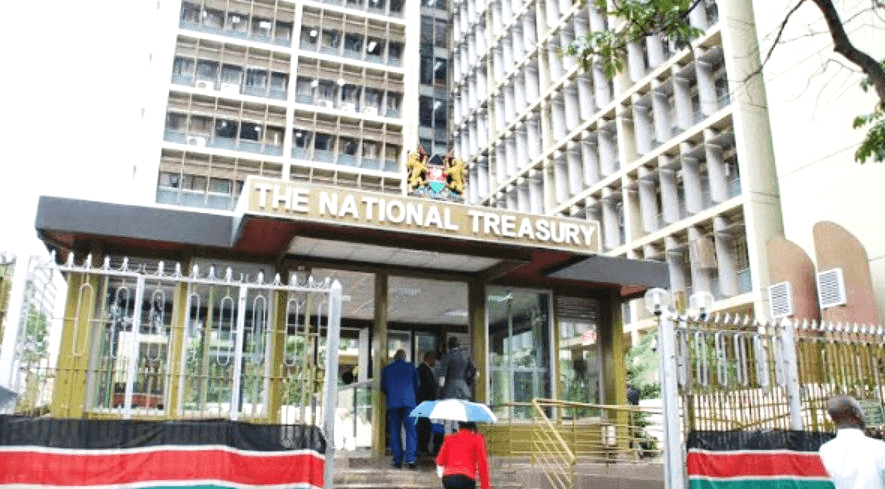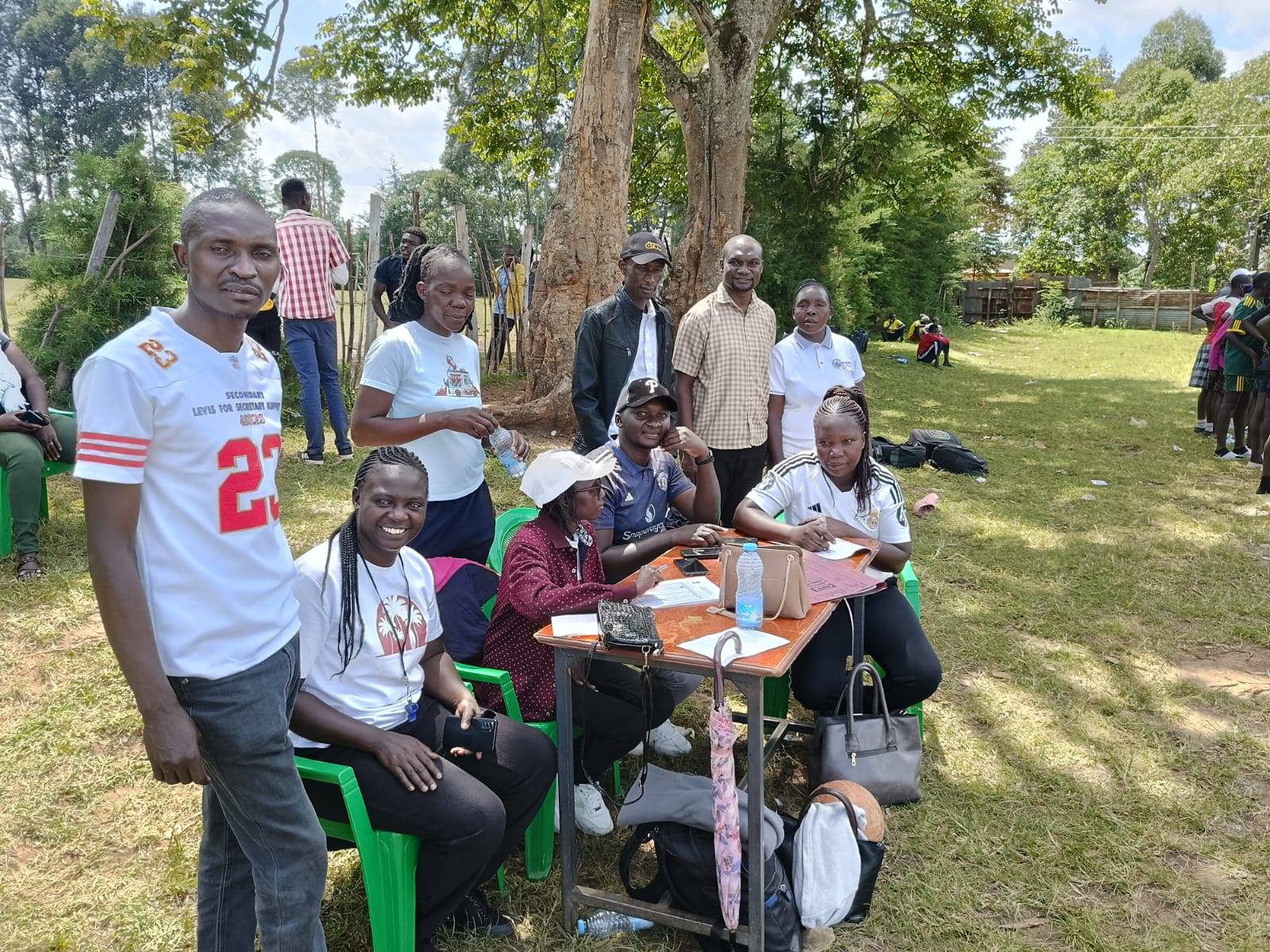The funding of educational institutions for development and services they provide became a subject of discussion on two occasions in the second week of April 2024, indicating the centrality of this matter in the sector.
First, the Member of the National Assembly for Alego Usonga Samuel Atandi proposed that the budget for the Ministry of Education (MoE) should be increased to Ksh1 trillion from the current figure of about Ksh650 billion.
He justified this proposal by observing that the capitation provided by the government to schools per student is low and often received late. The funding deficits in the universities and technical institutions would also presumably be addressed with increased funding.
Secondly, the Cabinet Secretary (CS) for Education Ezekiel Machogu appealed to Senators to prevail upon the CS for the Treasury to increase funding to his ministry and lamented that he had written several letters to him to no avail.
Let us look at the breakdown of the financial needs. Comprehensive School (CS) needs to put up extra classrooms for Grade 9 students as well as for construction of laboratories and workshops. Capitation for Grade 1 to 9 and employment of more teachers are always needed.
At the secondary school level, the challenges are mainly the need to increase capitation that is currently not sufficient and funding of the construction of the laboratories, especially in day schools that were established through funding by the National Government Constituency Development Fund (NGCDF) that normally prioritizes construction of classrooms and dining halls. Yet under CBC, it is expected that 60 per cent of the students study science-based courses in the university. This will not be possible if these schools do not have laboratories.
Let us consider the budget-making process. This is originated by the CS who submits the budgetary requirements to the National Assembly and Treasury that in turn provide budget ceilings to each sector and ministry on the basis of the projected revenue in each financial year.
In the long run, it is the National Assembly that appropriates the available amounts to each ministry. The CS has to make do with what is given.
When the amounts are not sufficient, parents and Boards of Management (BoMs) complain to the CS who escalates it to Treasury and Parliament that are already aware of the shortfalls.
That the CS writes to Treasury to complain does not seem to make sense because the Cabinet discusses the budget at their level and come to a consensus about the amounts appropriated and they are bound by their collective responsibility unless he just wants to be seen to be working. The citizens are therefore being treated to a circus of buck passing between these offices.
But what could have been done differently? Consider the housing levy charged at 1.5 per cent of the taxpayers earnings that is estimated to rake in about Ksh60 billion annually. Listening to the president support the levy, one gets the impression that he is more concerned about the employment opportunities for the artisans, engineers, quantity surveyors and the manual labourers working on these projects than the provision of these houses.
He has repeatedly announced that more than 120,000 people are already employed.
But supposing the housing levy was abolished and replaced with an education levy at the same rates. With 19,000 comprehensive schools, the government could construct two classrooms and one laboratory per school at a cost of Ksh1 million and 2 million respectively, at a total cost of Ksh57 billion that is within the anticipated revenue from this levy.
If each of these schools were to employ twenty people in the construction site, a total of 380,000 people would be employed. Furthermore, schools are well distributed in almost every village in the country. This means that the employment opportunities would be available across the country unlike housing projects that are mainly concentrated in urban areas. Within one year therefore, the educational requirements in the comprehensive schools would have largely been addressed.
In the subsequent years, the requirements of senior schools and tertiary institutions would be continuously addressed using the same resources from the levy.
This would be a win in the education sector and a win through employment of hustlers at their home villages.
Atandi may well need to move a motion to propose these changes.
YOU MAY ALSO READ:
Mwalimu Andrew Kibet
To write to us or offer feedback, you can reach us at: editor@educationnews.co.ke
You can also follow our social media pages on Twitter: Education News KE and Facebook: Education News Newspaper for timely updates.
>>> Click here to stay up-to-date with trending regional stories






